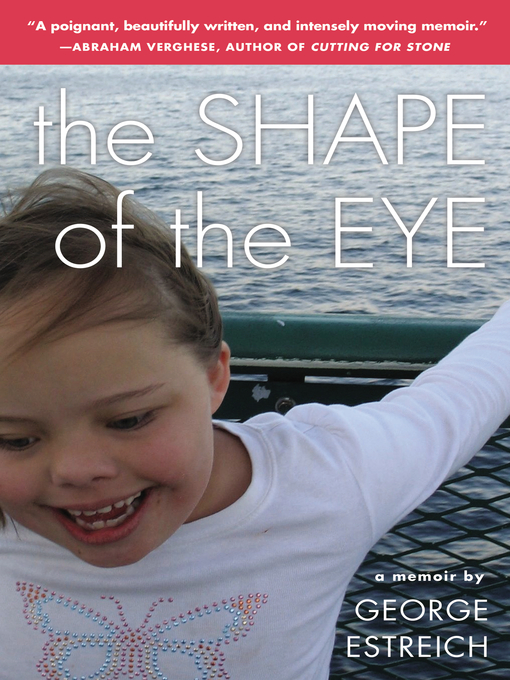Winner of the 2014 Nautilus Award represents “Better Books for a Better World”—the Silver Award in the category of Parenting /Family.
When Laura Estreich is born, her appearance presents a puzzle: does the shape of her eyes indicate Down syndrome, or the fact that she has a Japanese grandmother? In this powerful memoir, George Estreich, a poet and stay-at-home dad, tells his daughter's story, reflecting on her inheritance —- from the literal legacy of her genes, to the family history that precedes her, to the Victorian physician John Langdon Down's diagnostic error of "Mongolian idiocy." Against this backdrop, Laura takes her place in the Estreich family as a unique child, quirky and real, loved for everything ordinary and extraordinary about her.
"In this wise and moving memoir, George Estreich tells the story of his family as his younger daughter is diagnosed with Down syndrome and they are thrust into an unfamiliar world. Estreich writes with a poet's eye and gift of language, weaving this personal journey into the larger history of his family, exploring the deep and often hidden connections between the past and the present. Engaging and unsentimental, The Shape of the Eye taught me a great deal. It is a story I found myself thinking about long after I'd finished the final pages." —Kim Edwards, author of The Memory Keeper's Daughter
"A poignant, beautifully written, and intensely moving memoir" —Abraham Verghese, author of Cutting for Stone
“The Shape of the Eye is a memoir of a father’s love for his daughter, his struggle to understand her disability, and his journey toward embracing her power and depth. Estreich is raw and honest and draws us each into a new view of what it means to be 'human’ and what it means to be ‘different.’ This book is beautifully written, poetically insightful, and personally transformative. To read it is to rethink everything and to be happy because of the journey.” —Timothy P. Shriver, Ph.D., Chairman & CEO of the Special Olympics
"The Shape of the Eye personalizes Down syndrome, bringing a condition abstracted in the medical literature into the full dimensionality of one family's life. It's brave of George Estreich to make what has befallen his family so public, trusting of him to let an unknown audience second-guess the family's choices. Because he's opened his home and heart in this memoir, we are privileged to witness in chaotic, heart-wrenching, joyous detail what it means to have and to love a child with Down syndrome." —Marcia Childress, Associate Professor of Medical Education (Medical Humanities), University of Virginia School of Medicine

